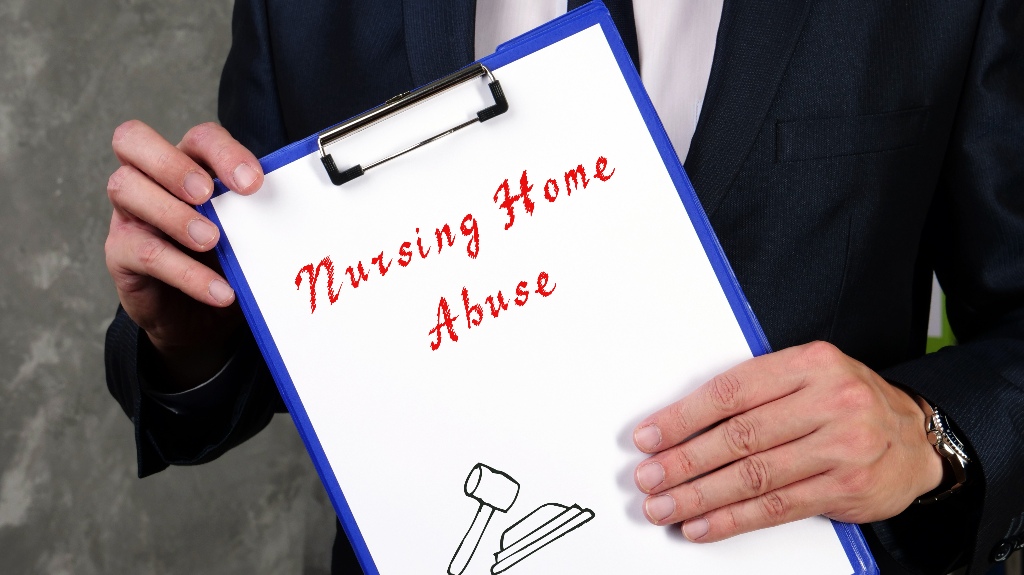
Placing a loved one in a nursing home is an act of trust. Families expect that their parent, grandparent, or spouse will be safe, cared for, and treated with dignity. But when neglect or abuse happens, that trust is shattered. For many families, the first question is not only “how could this happen?” but “what can I do right now to protect them?”
In Virginia, there are clear steps you can take if you suspect abuse or neglect in a nursing home. From emergency action to official reporting channels, knowing the process can make the difference between ongoing harm and immediate protection.
Recognizing Abuse and Neglect
Abuse in a nursing home may be physical, emotional, sexual, or financial. Neglect often involves failing to provide adequate food, water, medical attention, or hygiene.
Warning signs can include unexplained injuries, sudden weight loss, withdrawal from social activities, poor sanitation, or a staff member’s unwillingness to allow private visits. Family members should trust their instincts. If something feels wrong, it is worth taking seriously.
Immediate Action for Emergencies
If you believe your loved one is in immediate danger, call 911. Law enforcement can intervene quickly to ensure safety. Even if you are uncertain, err on the side of caution. Once the resident is safe, you can take additional steps to report the incident and hold the facility accountable.
Reporting to the Virginia Department of Health
In Virginia, the Office of Licensure and Certification within the Department of Health regulates nursing homes. Families can file complaints online, by phone, or in writing. The department has the authority to investigate concerns, inspect facilities, and issue penalties when violations occur. When making a report, provide as much detail as possible, including dates, times, staff names, and any supporting documents or photographs.
Contacting Adult Protective Services
Adult Protective Services (APS) is another important resource. APS investigates reports of abuse, neglect, or exploitation of vulnerable adults, including nursing home residents. You can make a confidential report by calling your local Department of Social Services or the statewide hotline. APS workers can visit the facility, interview residents and staff, and coordinate with law enforcement when necessary.
Speaking with Law Enforcement
Some cases of abuse are not only regulatory violations but also crimes. Physical assault, sexual abuse, or financial exploitation should be reported to local police. Law enforcement can gather evidence, press charges, and work alongside prosecutors to hold individuals accountable. In many cases, families may want to file both a regulatory complaint and a police report to ensure full protection.
Protecting Your Loved One

When making a report, keep detailed notes of conversations, dates, and observations. Request copies of medical records and document changes in your loved one’s behavior or health. These records can be critical if legal action becomes necessary. If the facility retaliates or attempts an unauthorized transfer, seek immediate legal guidance.
The Role of an Attorney
Reporting abuse is often the first step, but families may also consider pursuing civil claims against negligent facilities. An experienced nursing home attorney can help investigate, gather medical records, interview witnesses, and hold the nursing home legally accountable.
Compensation may be available for medical expenses, pain and suffering, or wrongful death in severe cases. Perhaps just as important, legal action can help prevent future harm to other residents.
Contact Us To Review Your Case
Discovering abuse or neglect in a nursing home is heartbreaking. Virginia provides several avenues to report concerns, from state regulators to local law enforcement. Taking swift action can protect your loved one and ensure the facility is held responsible.
At Hollingsworth PLLC, we help families navigate these difficult situations with care and determination. If you suspect nursing home abuse or neglect in Virginia, contact us today to learn your options and take the steps needed to safeguard your loved one.

